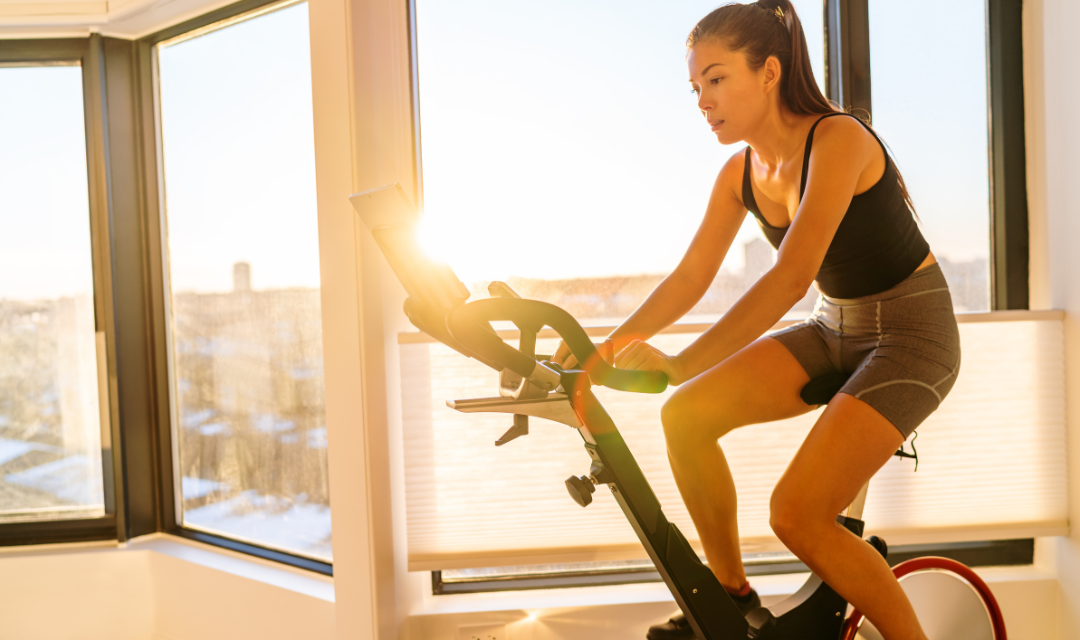Common Questions About Pilates Reformer Exercises During Pregnancy

Exercise during pregnancy is beneficial for both the mother and the baby. It helps manage weight gain, improves mood, reduces pregnancy discomfort, and prepares the body for childbirth. One such exercise that has gained popularity among pregnant women is Pilates Reformer. However, many questions arise regarding its safety and effectiveness during pregnancy. This article aims to answer some of the most common questions about Pilates Reformer exercises during pregnancy.
Table of contents
Can I do Pilates Reformer Exercises during pregnancy?
Pilates Reformer Exercises in the first, second, and third trimester - are they safe?
Is it worth doing Pilates Reformer Exercises during pregnancy?
Pilates Reformer Exercises during pregnancy: pros and cons
Can Pilates Reformer Exercises cause a miscarriage?
Can Pilates Reformer Exercises induce labor?
How to do Pilates Reformer Exercises correctly during pregnancy?
Pilates Reformer Exercises after childbirth - are they beneficial?
Can I do Pilates Reformer Exercises during pregnancy?
Yes, you can do Pilates Reformer exercises during pregnancy, but it's essential to consult with your healthcare provider before starting any new exercise regimen. Modifications may be necessary as your pregnancy progresses to ensure the safety of both you and your baby.
Psst, we have an app dedicated to pregnant moms. Learn more
Pilates Reformer Exercises in the first, second, and third trimester - are they safe?
Generally, Pilates Reformer exercises can be safely performed throughout all stages of pregnancy. However, modifications may be necessary as your body changes. During the first trimester, most exercises can be performed without modification. In the second and third trimesters, exercises that involve lying flat on your back or intense abdominal work should be avoided or modified.
Psst, we have an app dedicated to pregnant moms. Learn more
Is it worth doing Pilates Reformer Exercises during pregnancy?
Yes, Pilates Reformer exercises can be very beneficial during pregnancy. They strengthen the core, improve posture, and increase flexibility, all of which can help manage pregnancy discomfort and prepare the body for childbirth.
Psst, we have an app dedicated to pregnant moms. Learn more
Pilates Reformer Exercises during pregnancy: pros and cons
The pros of Pilates Reformer exercises during pregnancy include improved strength, flexibility, and posture, reduced back pain, and preparation for childbirth. The cons include the need for modifications as pregnancy progresses and the potential for injury if exercises are not performed correctly.
Psst, we have an app dedicated to pregnant moms. Learn more
Can Pilates Reformer Exercises cause a miscarriage?
There is no scientific evidence to suggest that Pilates Reformer exercises can cause a miscarriage. However, it's crucial to perform exercises correctly and avoid overexertion.
Psst, we have an app dedicated to pregnant moms. Learn more
Can Pilates Reformer Exercises induce labor?
There is no definitive evidence that Pilates Reformer exercises can induce labor. However, regular exercise can help prepare the body for labor and delivery.
Psst, we have an app dedicated to pregnant moms. Learn more
How to do Pilates Reformer Exercises correctly during pregnancy?
It's important to work with a certified Pilates instructor who has experience with prenatal clients. They can guide you on how to perform exercises correctly and make necessary modifications. Always listen to your body and stop if you feel any discomfort.
Psst, we have an app dedicated to pregnant moms. Learn more
Pilates Reformer Exercises after childbirth - are they beneficial?
Yes, Pilates Reformer exercises can be beneficial after childbirth. They can help restore core strength, improve posture, and aid in recovery. However, it's important to get clearance from your healthcare provider before resuming exercise after childbirth.
Psst, we have an app dedicated to pregnant moms. Learn more
Information sources
1. "Exercise During Pregnancy: Safety, Benefits & Guidelines", American Pregnancy Association.
2. "Pilates and pregnancy: A guide for modifying mat and apparatus exercises", Pilates and Pregnancy, Journal of Bodywork & Movement Therapies.
3. "The safety of Pilates exercise in pregnancy: A systematic review", Journal of Physiotherapy.